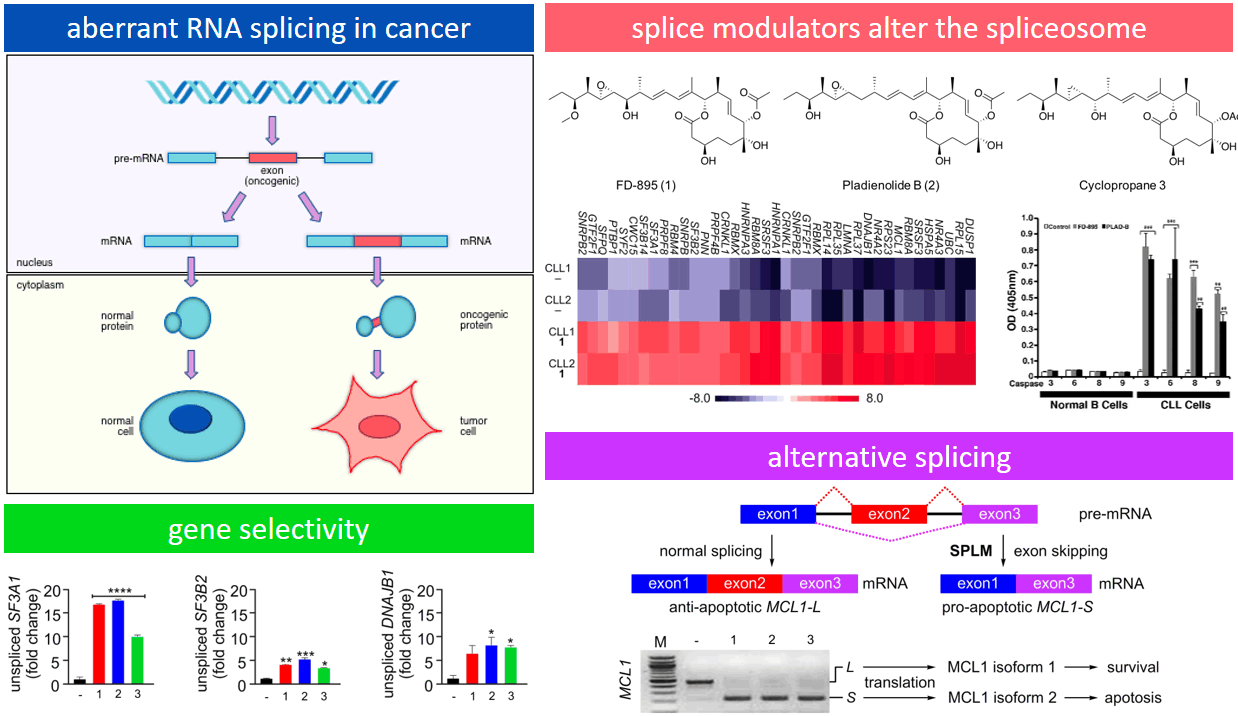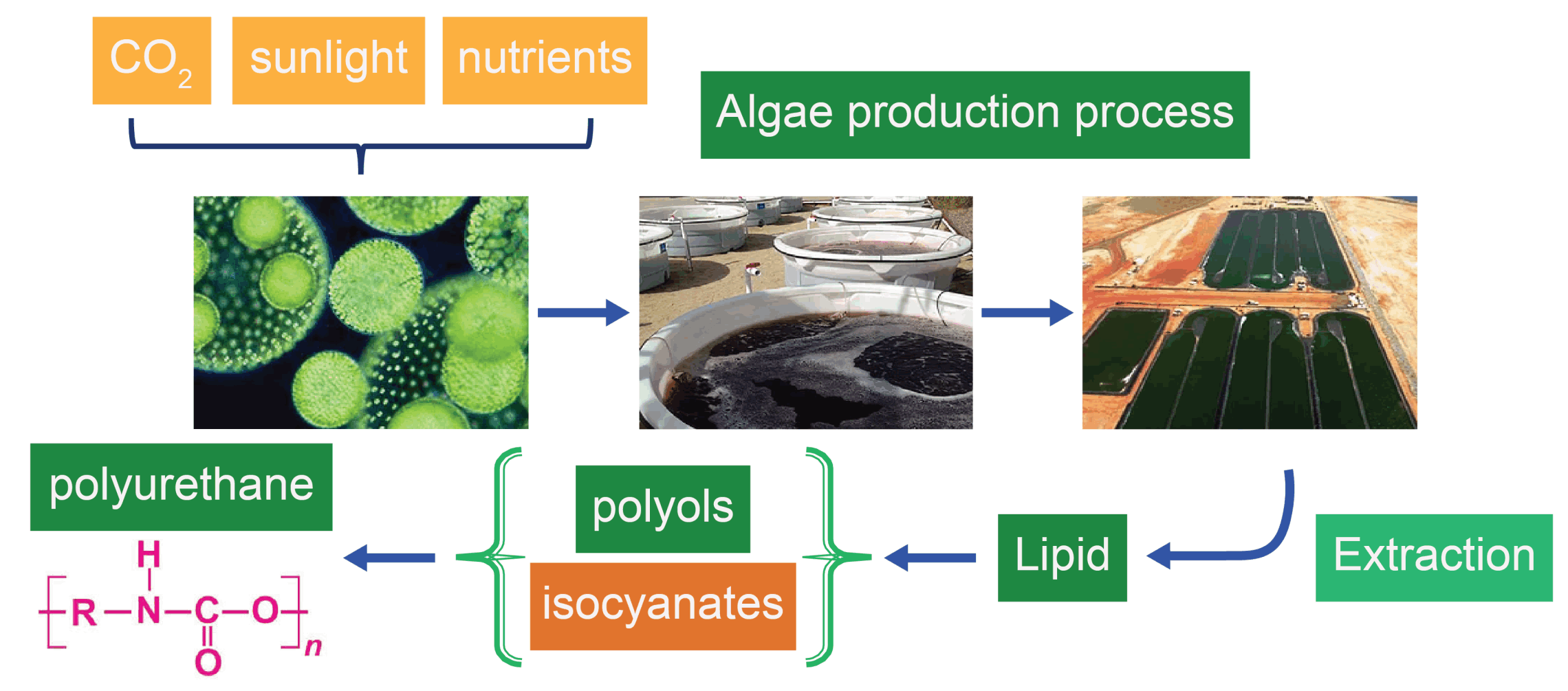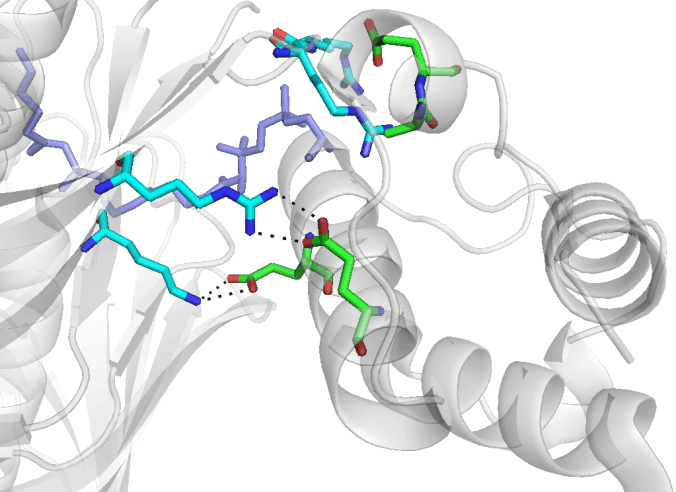
Chemical Biology of Natural Product Biosynthesis
The lab has developed several technologies to study secondary metabolites producing pathways and their producer organisms. Our area of focus is the protein-protein interactions (PPIs) of fatty acid synthases (FASs), polyketide synthases (PKSs), and non-ribosomal peptide synthases (NRPSs). Learn more
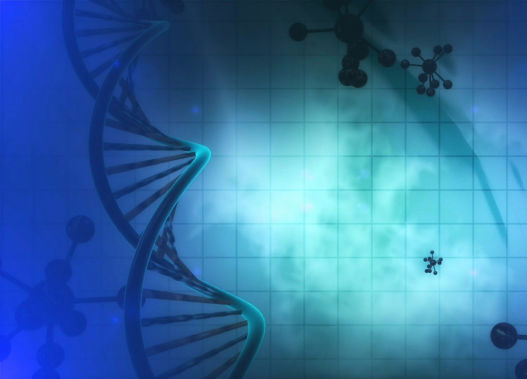
Drug Discovery
Recently, the spliceosome has garnered much attention due to its implication in many cancers. The lab has developed medicinal chemistry and chemical biology program in efforts to bring new therapeutics into the clinic as well as to probe the mechanistic undertones of how splicing is affected and altered. Learn more
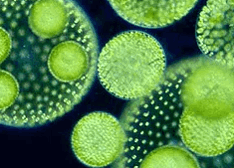
Algae Biotechnology
Algae have emerged as an attractive feedstock for the mass production of the renewable source due to their fast growth rate, and flexible habitat preferences. The potential of algae biotechnology is the most promising for green materials to produce polymers such as polyurethane, polyhydroxyurethanes and polyester. Learn more

